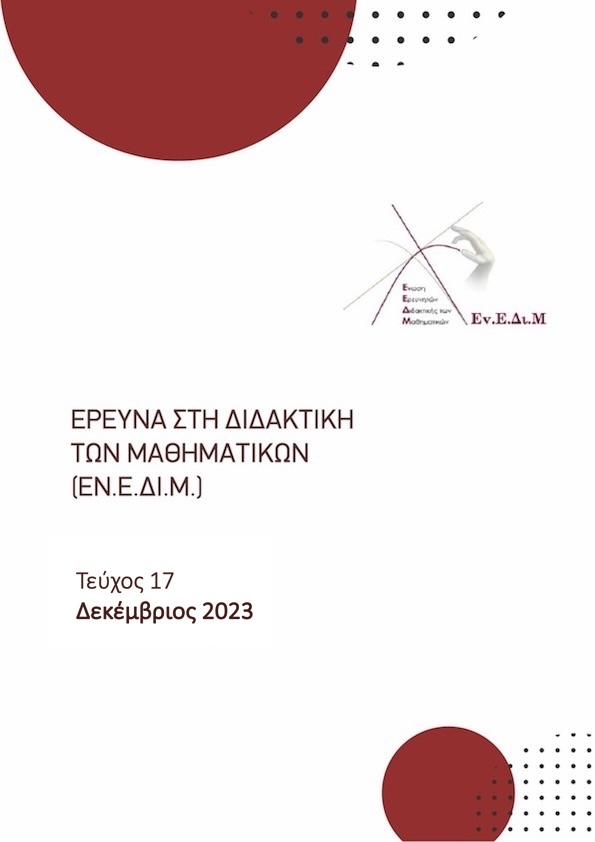Development of mobile augmented reality digital games to develop infants' spatial ability using a map
Abstract
Orientation and movement in space are crucial for humans. People move daily in known and unknown routes in which they use spatial information either by recalling it from their memory or by decoding verbal instructions or symbolic means, e.g. maps. The development of infants' spatial capacity has important positive effects for their cognitive development in general and their future performance in STEAM. Furthermore, one of the cutting-edge technologies used by mobile devices is the augmented reality (AR), which utilizes the automatic finding of the users’ location by displaying personalized information on the screen of their device according to their options (e.g. moving in space). In the present study, two research didactic interventions based on the map and AR for mobile devices are presented. The aim of the interventions is to investigate the effect of their use on the development of the spatial ability of infants. The results are encouraging and show that properly designed applications can help infants to develop spatial thinking, map reading and use
Article Details
- How to Cite
-
Markouzis, D., & Fesakis, G. (2023). Development of mobile augmented reality digital games to develop infants’ spatial ability using a map. Research in Mathematics Education, (17). Retrieved from https://ejournals.epublishing.ekt.gr/index.php/enedim/article/view/32330
- Section
- Articles

This work is licensed under a Creative Commons Attribution 4.0 International License.
Authors who publish with this journal agree to the following terms:
Authors retain copyright and grant the journal right of first publication with the work simultaneously licensed under a Creative Commons Attribution licence that allows others to share the work with an acknowledgement of the work's authorship and initial publication in this journal.
Authors are able to enter into separate, additional contractual arrangements for the non-exclusive distribution of the journal's published version of the work (e.g. post it to an institutional repository or publish it in a book), with an acknowledgement of its initial publication in this journal.
Authors are permitted and encouraged to post their work online (preferably in institutional repositories or on their website) prior to and during the submission process, as it can lead to productive exchanges, as well as earlier and greater citation of published work (See The Effect of Open Access).



